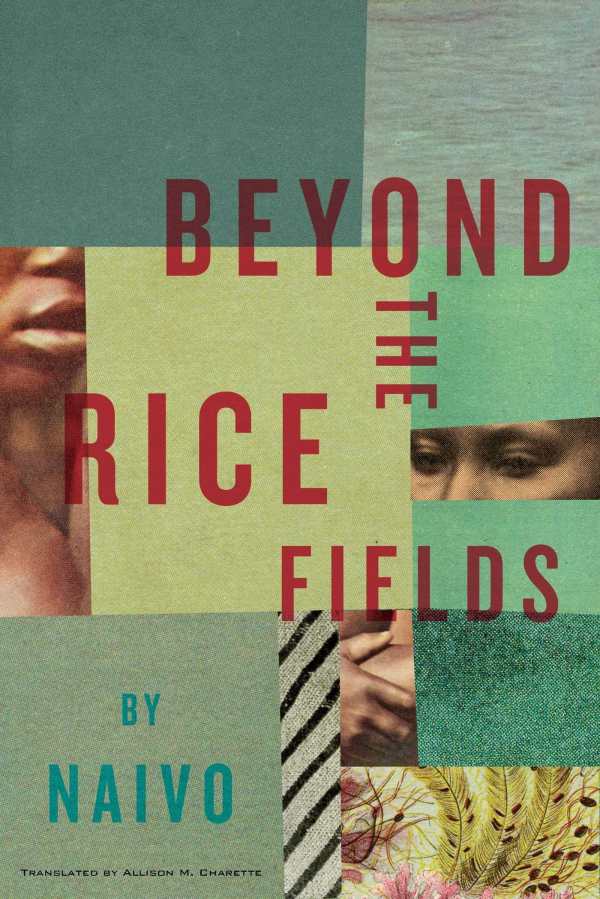Beyond the Rice Fields
Beyond the Rice Fields demonstrates with omniscient sadness mankind’s ability to commit horrific acts.
Naivo’s Beyond the Rice Fields follows the tumultuous history of nineteenth-century Madagascar and, more closely, the fated romance between a young slave named Tsito and his master’s daughter, Fara. With quiet surety, the novel pairs an elegantly poetic narrative with an intensifying brutality of events as Madagascar finds itself beset by internal strife, French industrialism, and the zealous efforts of Christian missionaries.
For Tsito, the effects of violence come early in life, following an attack by a warring tribe that destroys his forest village like a plague of “evil red crickets.” The village men are murdered and the women and children are sold into slavery.
At nine, Tsito is purchased by a traveling trader and taken to his new home in Sahasoa. Fortunately, the trader is a decent man, and Sahasoa is a lush, rural area. Tsito is treated kindly and grows up with the trader’s daughter, Fara. He is always aware, however, that he is a slave, particularly when Fara reminds him of that fact.
Though the novel covers a broad swath of topics, the alternating perspectives of Tsito and Fara anchor the story through decades of change. Tsito’s intelligence and ability to learn new skills serve him well, even amid turmoil, and he is ultimately able to earn back his freedom. His love for the beautifully headstrong Fara is enduring; their relationship evolves from class consciousness and uncertainty to true intimacy and appreciation.
Other characters are also vividly memorable, particularly Bebe, Fara’s sage and caring grandmother, the fiery British missionary Blake, and Ibandro, another slave known for his great strength and compassion.
The imperious cruelty of the country’s native Sovereign Queen and the pitting of Malagasy against each other are equally tragic and appalling. “Subversives” are subjected to ceremonial poisoning rituals or hurled off jagged cliffs.
Rich with historical and cultural detail, Beyond the Rice Fields demonstrates with omniscient sadness mankind’s ability to commit horrific acts in the name of tradition, or for whoever holds power at the moment.
Reviewed by
Meg Nola
Disclosure: This article is not an endorsement, but a review. The publisher of this book provided free copies of the book to have their book reviewed by a professional reviewer. No fee was paid by the publisher for this review. Foreword Reviews only recommends books that we love. Foreword Magazine, Inc. is disclosing this in accordance with the Federal Trade Commission’s 16 CFR, Part 255.

